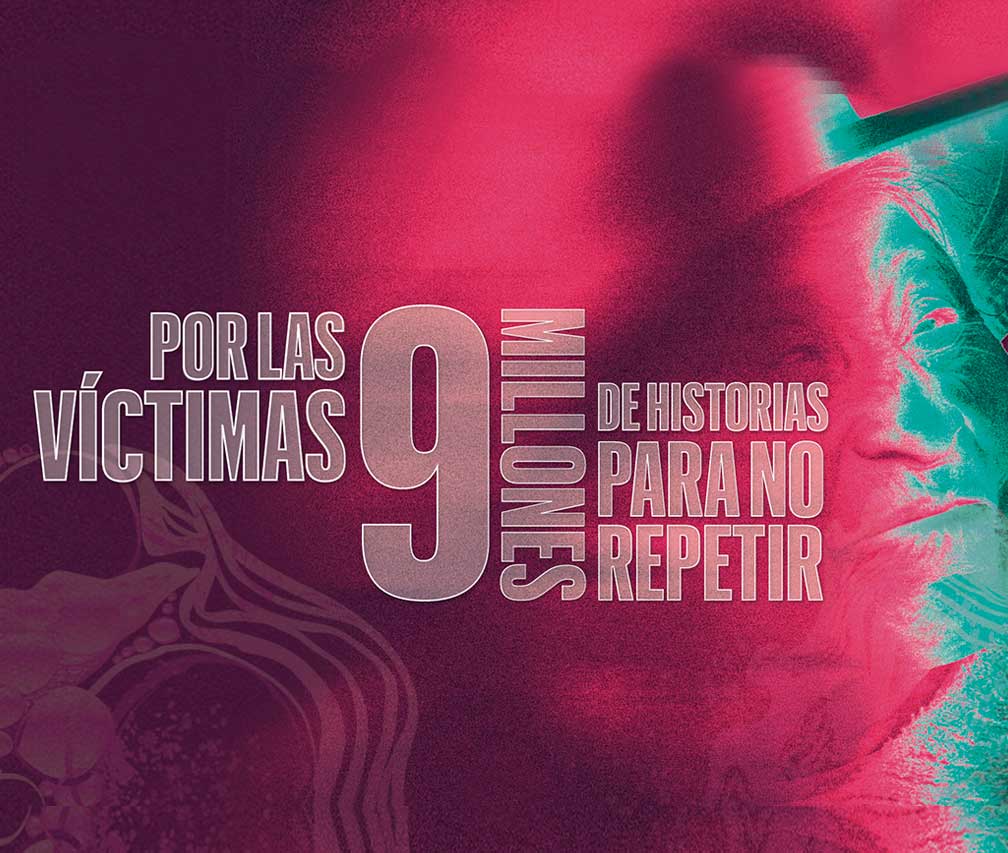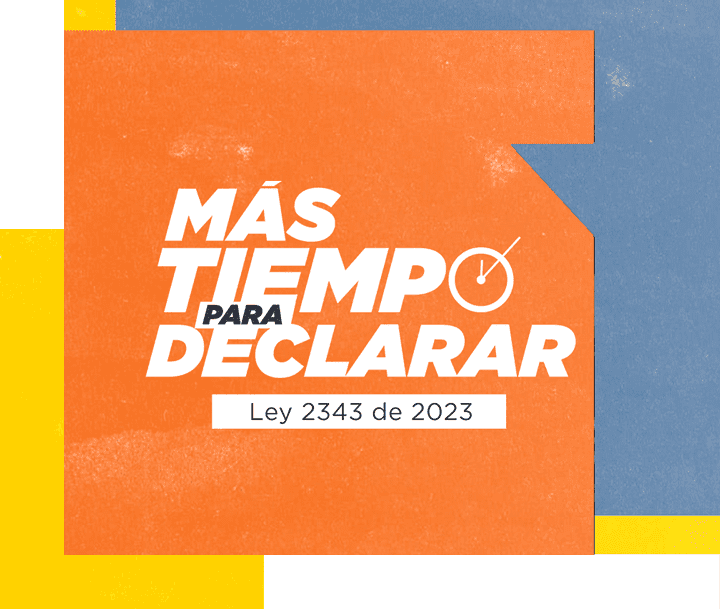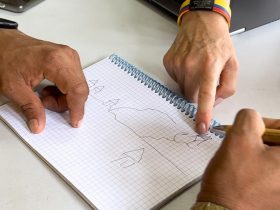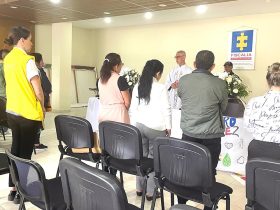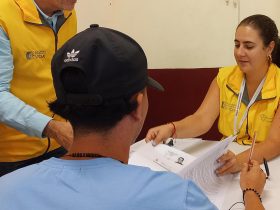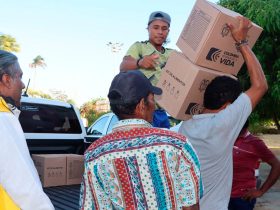The institutional action led by the Unit for Victims with the Embera Katio people of Alto Andagueda’s Tahami Reservation, located in Bagado (Choco), gave more than 40 agreements by different entities of the national and territorial order. This was done to guarantee integral reparation and permanence in the territory of the communities settled in different cities around the country.
This is the first-time different State entities travel to the area in order to listen closely to the members of this population, recognize their problems and establish plans for their territory transformation.
The assembly, held between November 12th and 13th, was attended by more than 400 people belonging to the 37 communities of the Reservation and representatives of the Ombudsman’s Office, the Interior Ministry, the National Protection Unit, the Sena, the Social Prosperity Department, the Bagado Mayor’s Office, and other entities.
As explained by the Unit for the Victims’ Director, Patricia Tobon Yagari, the entity committed to guaranteeing the dignified, safe, and voluntary return of the Embera communities that, due to the violence and displacement resulting from the armed conflict, have moved to cities like Bogota and are in a situation of begging.
“The Unit promised to work on a protocol with women, children, and teenagers to eradicate begging and ensure they return to their territories with dignity. We also promised to support humanitarian care for these communities and lead a consultation process between State entities to restore this population rights,” she said.
Tobon Yagari mentioned new agreements that will be managed from the Unit for the Victims will bring national and territorial entities closer to the population to overcome the lag left by the State absence in the territories.
“The idea is to promote a real agreement, so institutions know how these communities live, that they understand their context and help the returns to be lasting. This implies recognizing there is a problem that, if not resolved, will result in more displacements. If it is not resolved, the homeless and begging situation reported in different cities by the Embera population will continue,” she said.
Commitments with communities
Other commitments were established that aim to strengthen self-government, cultural identity and the Embera population territory. These are some of the agreements made by the indigenous authorities and different entities within their powers’ framework:
- Joint construction of a care route for children and teenagers from the Reservation in a situation of begging and establishing a physical place for their rights restoration.
- A differential and intercultural health care model construction for the displaced community.
- A campaign to prevent sexually transmitted infections for the community inhabitants and those in displacement.
- Health posts construction in each of Alto Andagueda’s Tahami Reservation areas.
- Training schools for the Indigenous Guard for each one of the Reservation areas.
- Assistance and technical support for housing construction and adaptation in the Reservation.
- Census and population update diagnosis with an economic and social characterization within the Reservation.
- Small roads management support for the Alto Andagueda’s Embera community access road.
- After a census to the Reservation’s 37 communities, raw materials delivery for clothing production.
- Management of a project to strengthen production and marketing of handicrafts made by women.
- Sexual and reproductive education training for Alto Andagueda’s Tahami Reservation members.
(End/GGA/COG/RAM)



